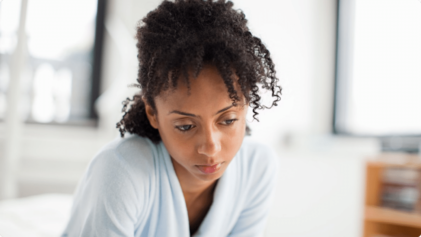Depression— it’s reached epidemic proportions in the United States in this generation. It seems that you can’t fling a bottle of Prozac at a crowd without hitting someone who is suffering from, or has suffered from, depression.
You may spend a lot of time worrying about what depression can do to you, or to your significant other, but have you considered what depression can do to a relationship? The effects can be detrimental, actually, and can be a major factor in a relationship falling apart.
Schisms
When one person in a relationship is depressed and the other isn’t, it begins to create schisms. The depressed person no longer wants to do a lot of the things the couple used to do for fun, entertainment or even household necessities. A depressed person not only wants to withdraw, but can start to feel hostility or resentment toward the person who tries to pull them back out.
The non-depressed partner wants to go on with life. No matter how understanding he tries to be, he wants to go out, he wants to have fun, he wants to get the responsibilities to get finished. More and more, the couple begins to do things apart. Even talking and relating to each other become difficult, and begins to diminish. And when there are breaks in the lines of communication, everything can go downhill from there.
When one person in a relationship is depressed and the other isn’t, it begins to create schisms.
Sex
Decreased libido is a major symptom of depression for a lot of people. The loss of this intimacy can not only leave the non-depressed partner feeling bewildered and unloved, but it can further serve to drive wedges into the cracks of the relationship foundation.
The importance of intimacy in a relationship should not be taken lightly. Shows of affection — kissing, hugging, touching and making love — bring and keep couples close. When that begins to fluctuate, other problems can be exacerbated.
Loss
The non-depressed person can begin to feel as though he’s been abandoned. She’s talking less, interacting less, and doing less, and it’s as almost as good as being alone. The non-depressed person actually begins to feel as though he’s ‘lost’ the depressed person, so much so that it’s not uncommon for him to go through the stages of grief just as if his partner had died.
Read more: MacKenzie Wright, Psychics Central


